1. The Rolling Stones’ Infamous Altamont Free Concert

The Altamont Free Concert in 1969 was supposed to be a West Coast Woodstock. Instead, it turned into a tragic disaster. The Rolling Stones hired the Hells Angels motorcycle gang as security, paying them with $500 worth of beer. As the concert spiraled out of control, violence broke out, culminating in the stabbing of 18-year-old Meredith Hunter. Footage of the incident showed Hunter brandishing a gun before being attacked, but questions about the event’s handling still linger.
Critics argue that the band’s decision to involve the Hells Angels showed poor judgment. The atmosphere of chaos marred what could have been a historic event. The tragedy became a symbol of the darker side of the ‘peace and love’ era. While the Rolling Stones continued their legendary career, Altamont remains a stain on their legacy. The tragedy’s depiction in the documentary Gimme Shelter only cemented its infamy.
2. Jim Morrison’s Arrest for Indecent Exposure
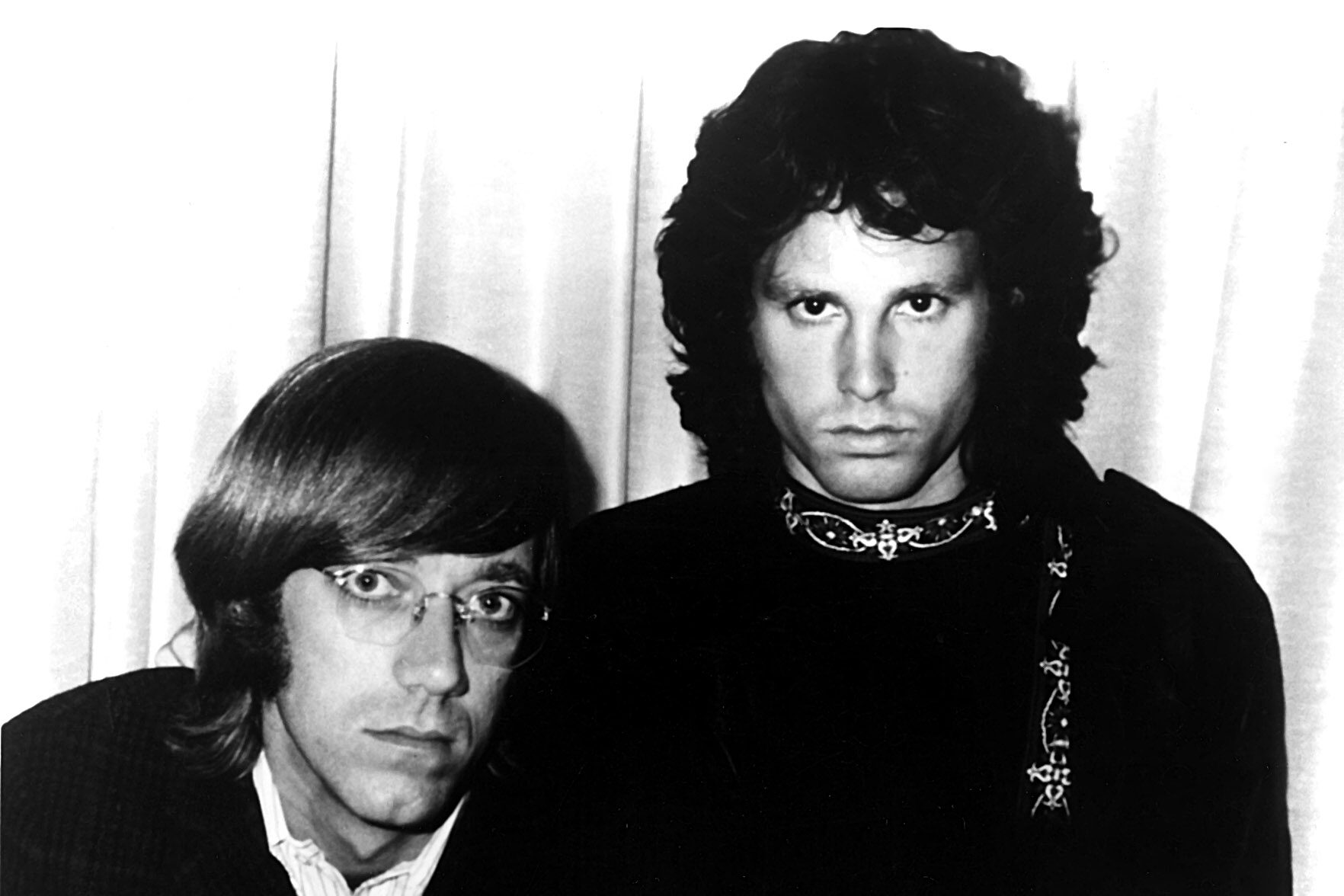
In 1969, Jim Morrison, frontman of The Doors, found himself in legal trouble after allegedly exposing himself during a Miami concert. Morrison’s theatrical antics on stage were legendary, but this time, they crossed a line. Witnesses claimed he simulated sexual acts, hurled profanities, and flashed the audience. While Morrison denied the allegations, the incident led to his arrest and a conviction for indecent exposure and profanity.
The case deeply divided fans and critics, with some seeing Morrison as a misunderstood artist while others condemned his behavior. The controversy hurt The Doors’ reputation and resulted in several canceled concerts. Although Morrison’s conviction was posthumously overturned in 2010, the incident solidified his status as one of rock’s most rebellious figures. It’s a story that’s still debated, adding to the mystique surrounding Morrison’s tumultuous career.
3. John Lennon’s “More Popular Than Jesus” Comment

In 1966, John Lennon ignited a firestorm by casually remarking that The Beatles were “more popular than Jesus.” The comment appeared in a British newspaper interview but gained attention in the U.S. months later. Religious groups were outraged, leading to protests and public burnings of Beatles albums. Southern radio stations even banned the band’s music.
Lennon’s remark highlighted the cultural divide of the era. While some saw his words as a critique of declining religious influence, others interpreted them as blasphemy. The backlash was so intense that The Beatles considered ending their U.S. tour prematurely. Lennon eventually apologized, clarifying his intentions, but the damage was done. The incident remains one of the most controversial moments in The Beatles’ storied career.
4. Bob Dylan Goes Electric at Newport
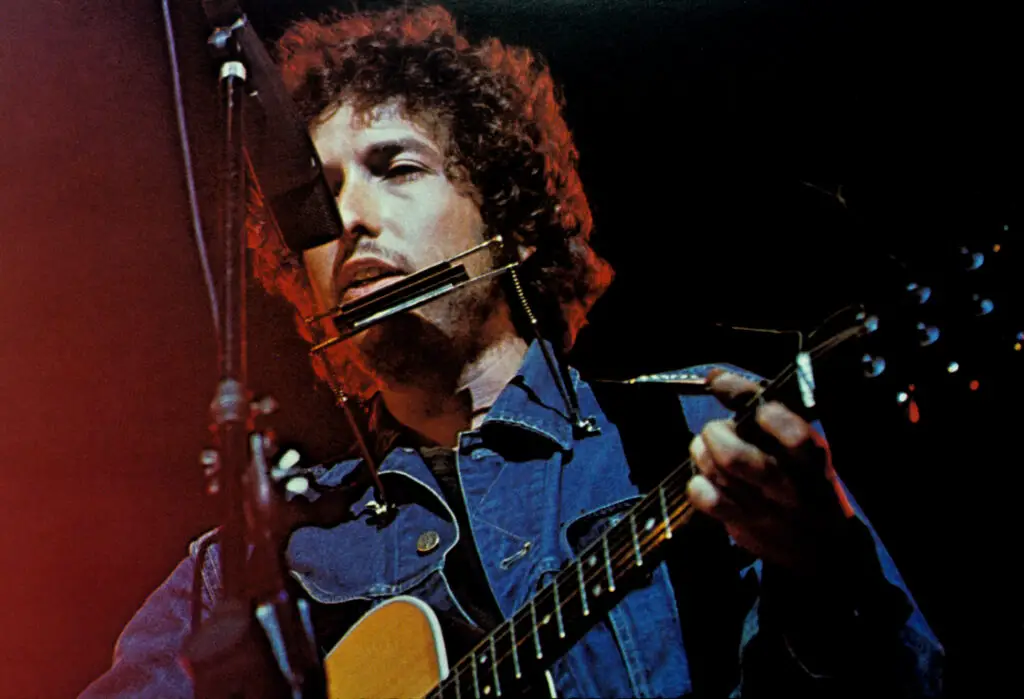
In 1965, Bob Dylan shocked fans by plugging in an electric guitar during the Newport Folk Festival. Known as the voice of the folk revival, Dylan’s decision to go electric was seen as a betrayal by purists. Boos echoed through the crowd as Dylan performed three songs with a full band. While some attendees embraced the change, others labeled him a sellout.
The performance marked a turning point in Dylan’s career and the broader music scene. Folk fans clung to tradition, but Dylan’s electrified sound influenced countless artists. Critics have since hailed the moment as revolutionary, but at the time, it was deeply polarizing. Dylan’s defiance of expectations cemented his reputation as a trailblazer, even if it alienated some fans along the way.
5. Elvis Presley’s “Hound Dog” Performance on The Milton Berle Show
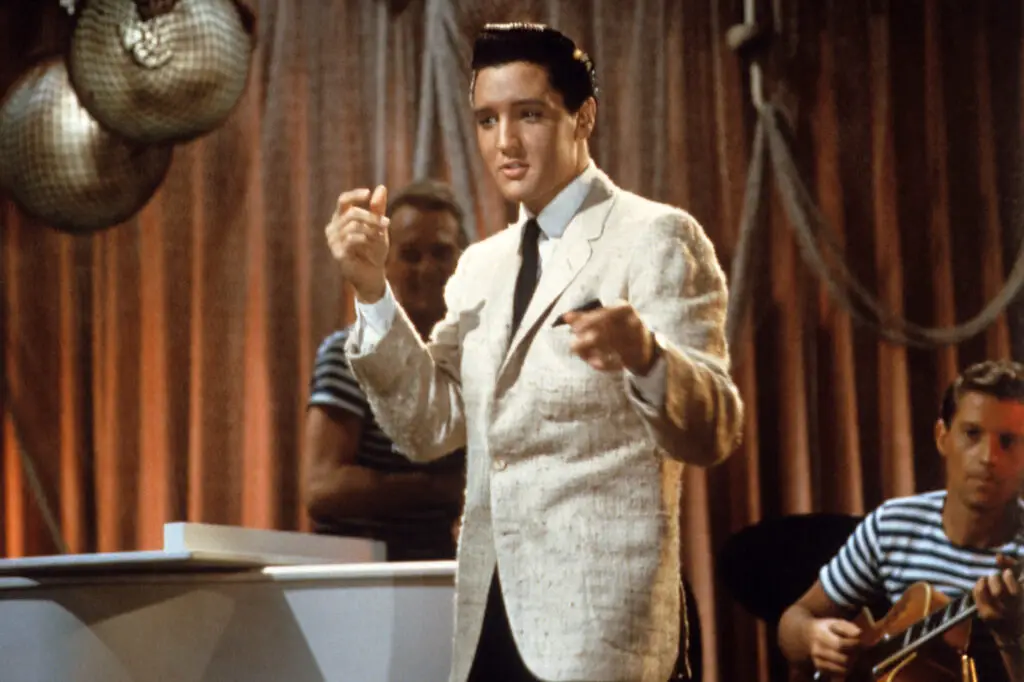
In 1956, Elvis Presley’s gyrating hips during a performance of “Hound Dog” on The Milton Berle Show scandalized the nation. Conservative viewers were outraged by what they deemed sexually suggestive movements. Religious groups and parents’ associations accused Presley of corrupting youth. The backlash was so severe that Presley earned the nickname “Elvis the Pelvis.”
The controversy catapulted Presley into the spotlight and symbolized the generational clash of the era. Teenagers loved him, but their parents saw him as a threat to traditional values. Despite the criticism, Presley’s performance boosted his popularity and solidified his status as the King of Rock ‘n’ Roll. Looking back, it’s clear that this moment was a catalyst for the cultural shifts that defined the ‘50s and ‘60s.
6. Ozzy Osbourne Bites a Bat’s Head Off

In 1982, Ozzy Osbourne took shock rock to new heights by biting the head off a bat during a concert in Des Moines, Iowa. According to Osbourne, he thought the bat was a rubber prop until he bit into it and realized it was real. The incident required him to undergo rabies shots, but it also became a defining moment of his career.
Fans were divided between horror and admiration for Osbourne’s antics. While some saw it as a legendary rock ‘n’ roll moment, others criticized it as cruel and grotesque. The event solidified Osbourne’s reputation as the Prince of Darkness and added to his mythos. Decades later, it remains one of the most talked-about moments in rock history.
7. The Who’s Destructive Performance on The Smothers Brothers Comedy Hour
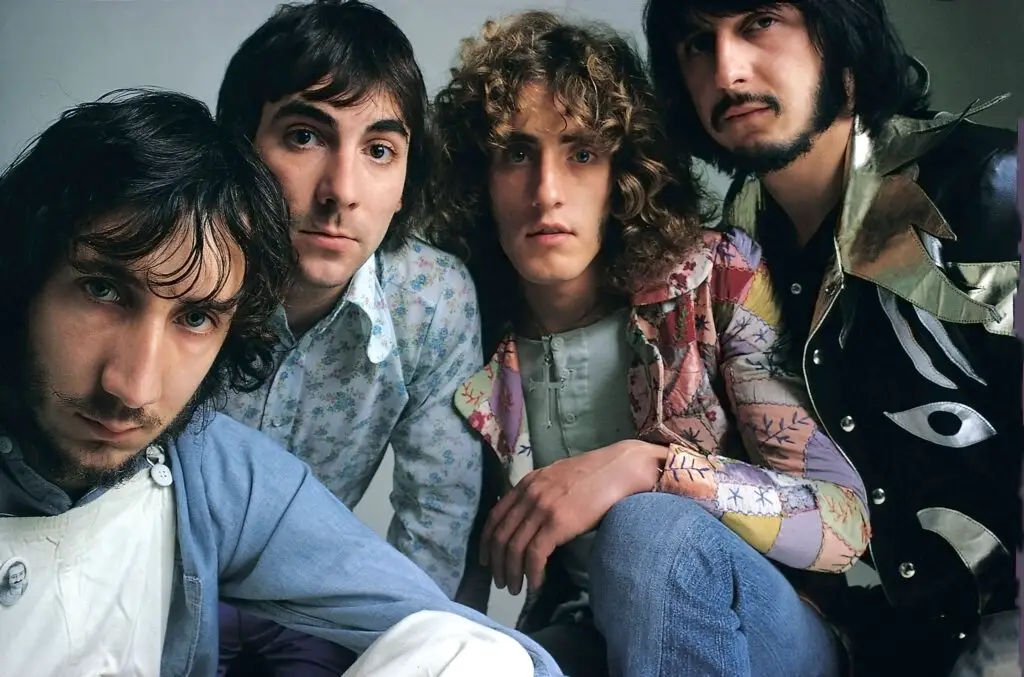
In 1967, The Who brought chaos to The Smothers Brothers Comedy Hour by destroying their instruments on live television. The band was known for their destructive antics, but this performance took things to another level. During the finale, drummer Keith Moon’s drum kit was rigged to explode, resulting in a blast so intense it injured Moon and temporarily deafened guitarist Pete Townshend.
The stunt shocked viewers and became a defining moment in The Who’s career. Critics debated whether it was art or anarchy, but there’s no denying its impact on rock’s rebellious image. The incident also solidified The Who’s reputation as one of the wildest bands of their time. Decades later, it remains an unforgettable moment in music history.
8. Guns N’ Roses’ St. Louis Riot
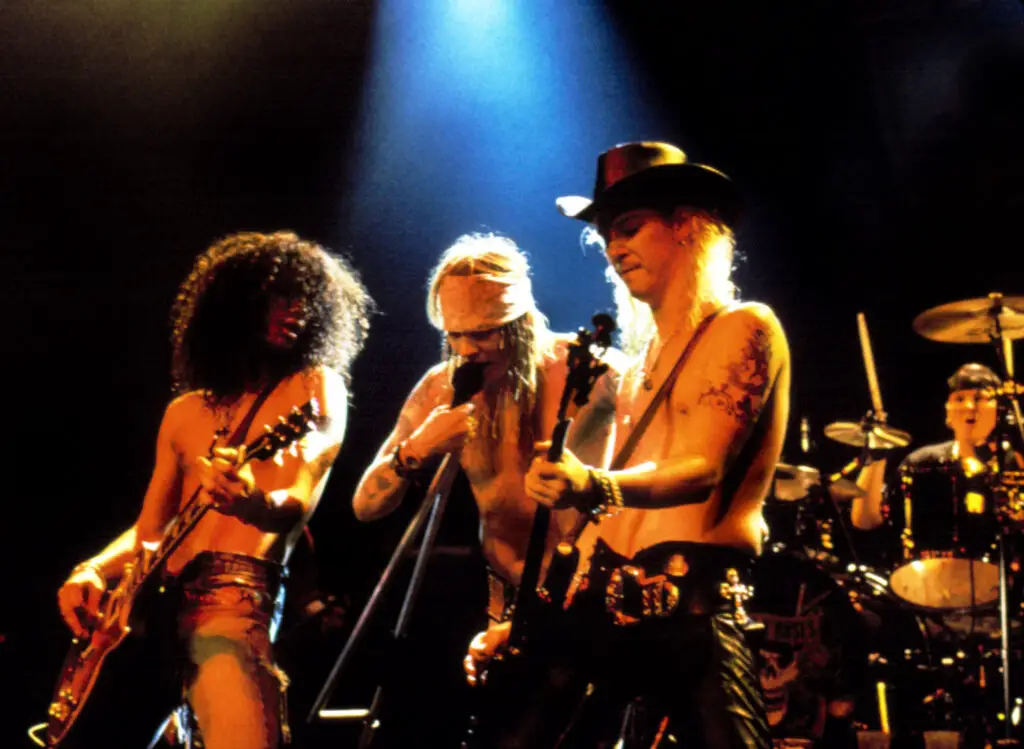
In 1991, a Guns N’ Roses concert in St. Louis erupted into chaos after frontman Axl Rose abruptly left the stage. Rose had spotted a fan with a camera and demanded security intervene. When they didn’t, he jumped into the crowd himself before storming off, declaring, “Thanks to the lame-ass security, I’m going home.”
The crowd’s frustration boiled over, leading to a riot that caused significant damage and injuries. Rose faced criticism for his impulsive behavior, and the band was banned from St. Louis for years. Despite the controversy, Guns N’ Roses’ unpredictable nature only added to their rock ‘n’ roll mystique. However, the incident remains a dark chapter in their storied career.
9. Eric Clapton’s Controversial Remarks
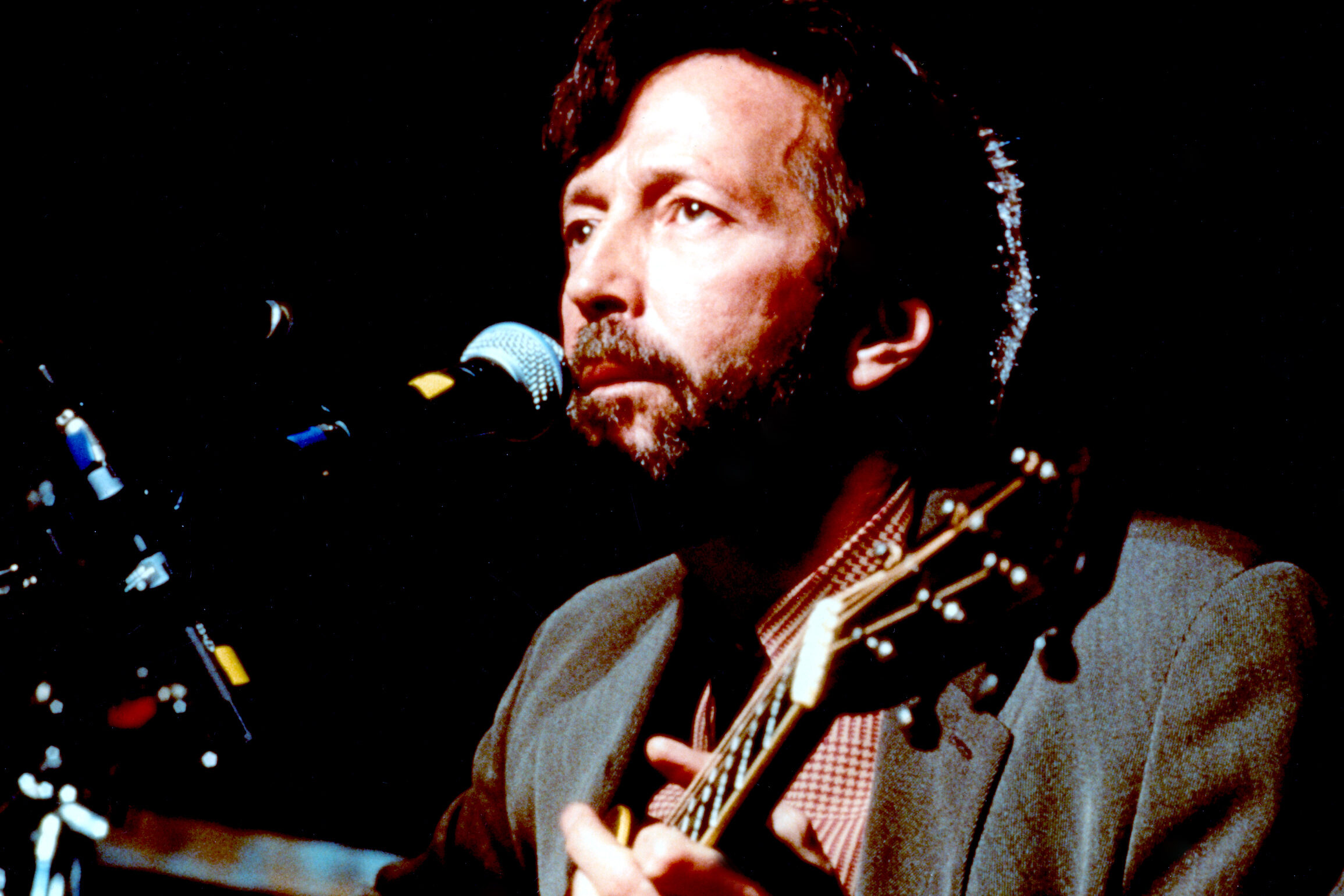
In 1976, Eric Clapton shocked fans with a racist rant during a concert in Birmingham, England. Clapton expressed support for a far-right politician and made inflammatory remarks about immigration. The comments led to widespread backlash and inspired the formation of the Rock Against Racism movement.
Clapton later apologized, blaming his behavior on alcohol and drug abuse. While many have forgiven him, others still hold him accountable for his words. The incident is a stark reminder of the complexities of idolizing flawed individuals. Despite the controversy, Clapton’s music continues to resonate, but his outburst remains a blemish on his legacy.
10. Chuck Berry’s Legal Troubles
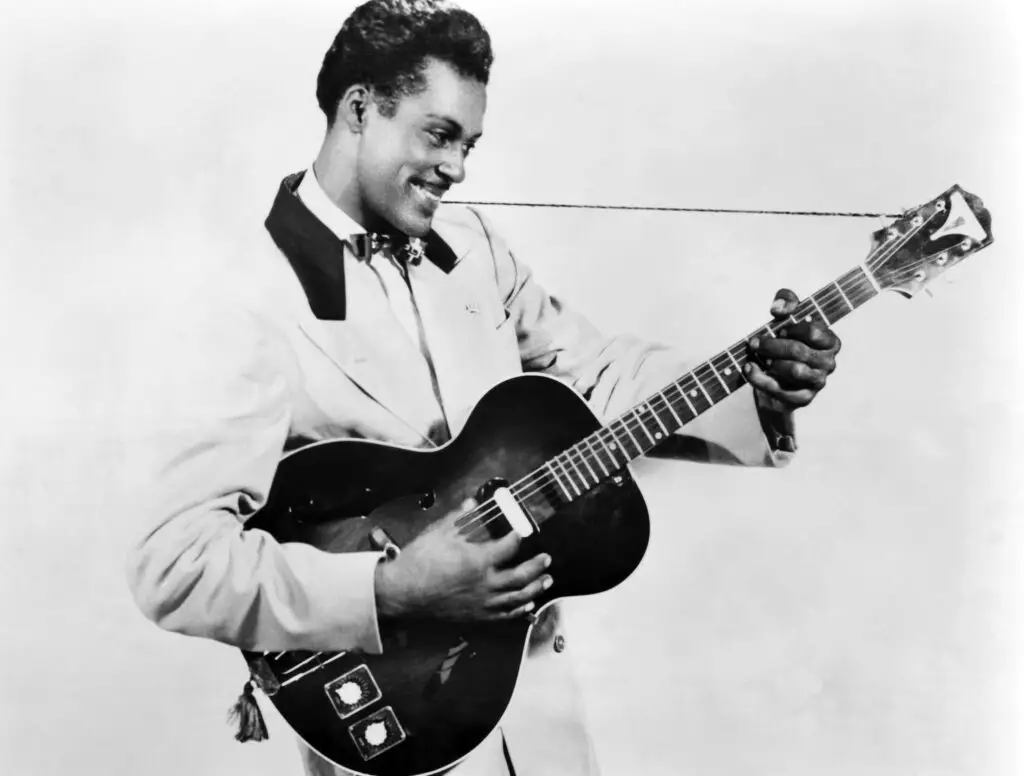
Chuck Berry, a pioneer of rock ‘n’ roll, faced numerous legal issues throughout his career. One of the most infamous incidents occurred in 1959 when he was arrested for transporting a minor across state lines. Berry was convicted and served time in prison, tarnishing his reputation at the height of his career.
While Berry’s music remained influential, his personal life was mired in controversy. Critics have debated how to reconcile his groundbreaking contributions to music with his legal troubles. The incident serves as a reminder of the complicated legacies of many rock icons. Despite his flaws, Berry’s influence on rock music is undeniable.
11. Led Zeppelin’s “Shark Incident”

One of rock’s most infamous urban legends involves Led Zeppelin and a groupie in Seattle in 1969. The band allegedly used a shark or fish in a sexual prank, a story that’s been both denied and confirmed by different sources. While the truth remains murky, the incident has fueled debates about the darker side of rock ‘n’ roll excess.
The story highlights the exploitative and hedonistic behavior that was rampant in the music industry at the time. Critics argue that such tales tarnish the legacy of influential bands. Whether true or not, the “shark incident” has become a cautionary tale about the excesses of fame. It’s a moment that continues to spark controversy and fascination.
12. Madonna’s “Like a Prayer” Backlash
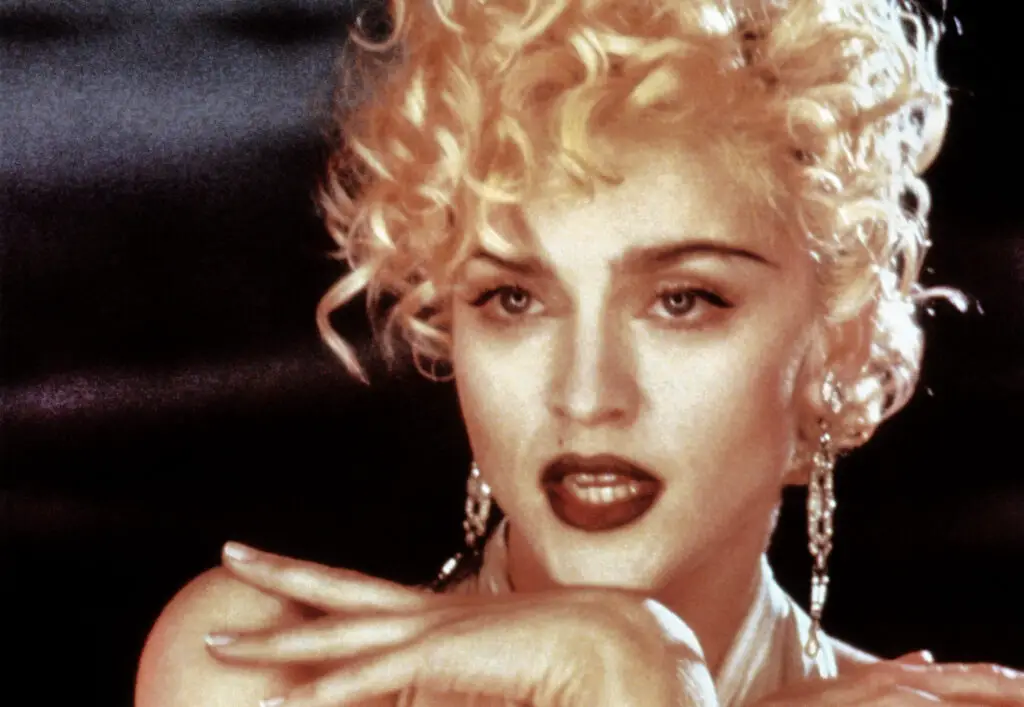
Although more pop than rock, Madonna’s 1989 music video for “Like a Prayer” sparked outrage for its religious imagery. Featuring burning crosses, stigmata, and a Black saint, the video led to condemnation from religious groups and the Vatican. Pepsi dropped a sponsorship deal with Madonna following the backlash.
The controversy underscored the tension between artistic expression and public sensibilities. Madonna defended her work as a commentary on race and religion, but critics accused her of blasphemy. Decades later, “Like a Prayer” is seen as a bold artistic statement. The incident remains a pivotal moment in the intersection of music, religion, and controversy.
13. Nirvana’s Nevermind Album Cover Lawsuit
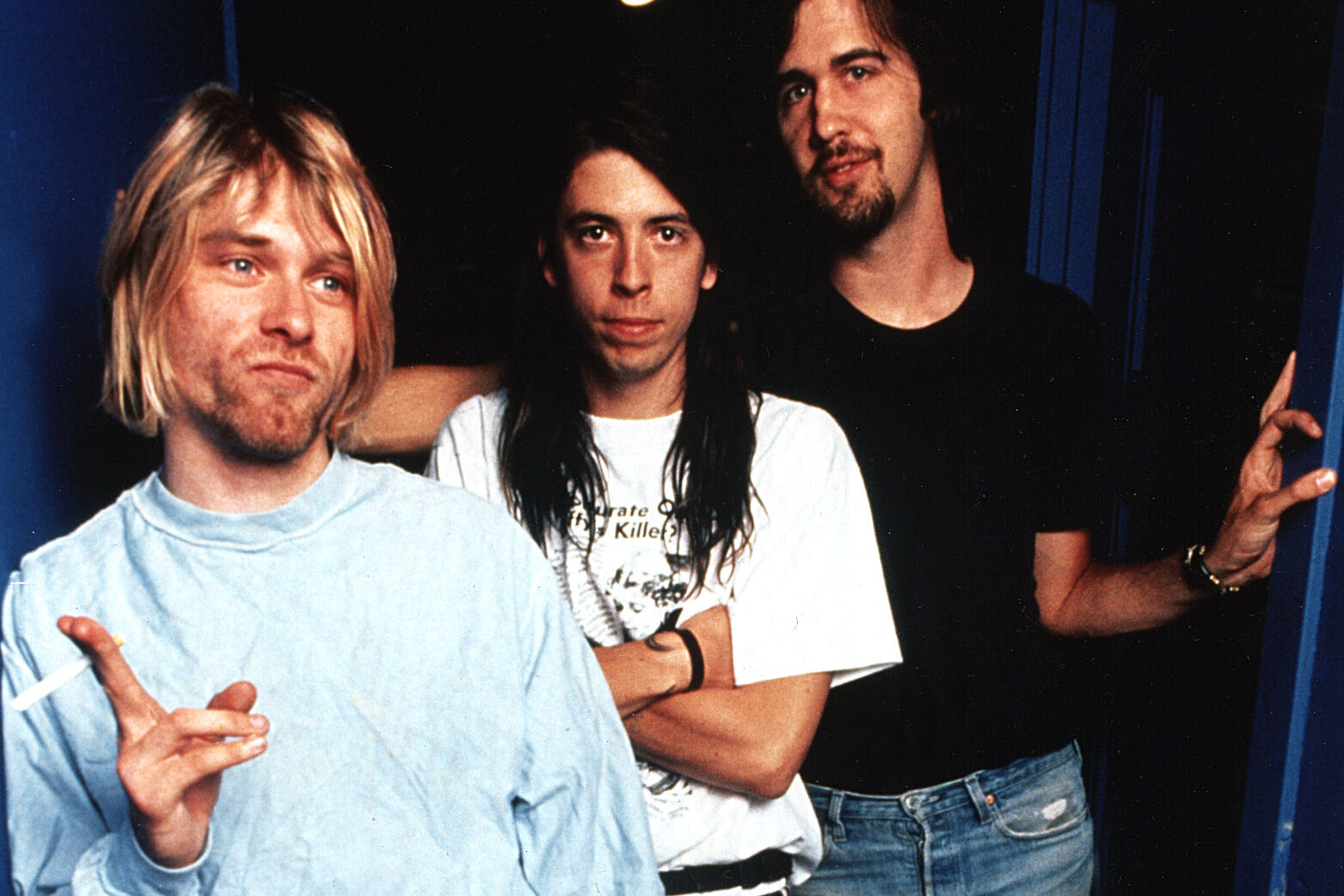
The cover of Nirvana’s 1991 album Nevermind features a naked baby swimming underwater, reaching for a dollar bill. While initially celebrated as iconic, the image became controversial decades later when the baby, now an adult, sued the band for exploitation. The lawsuit reignited debates about the ethics of using such imagery.
Critics argued the cover was a product of its time, while others questioned its lasting impact. Nirvana’s surviving members defended the artwork as a non-sexual statement on consumerism. The case was ultimately dismissed, but it highlighted how perceptions of art can evolve. The controversy added another layer to Nirvana’s already complex legacy.
14. David Bowie’s Nazi Salute Controversy

In 1976, David Bowie faced backlash after allegedly giving a Nazi salute at a London train station. Bowie denied the accusation, claiming his gesture was misinterpreted. The incident occurred during a tumultuous period in his life, marked by heavy drug use and an obsession with fascist imagery.
While Bowie later distanced himself from his controversial statements and actions, the incident damaged his reputation at the time. Fans and critics debated whether his behavior was a misguided artistic exploration or something more sinister. Bowie’s career eventually rebounded, but the controversy remains a dark footnote in his otherwise groundbreaking legacy.
Sources:
